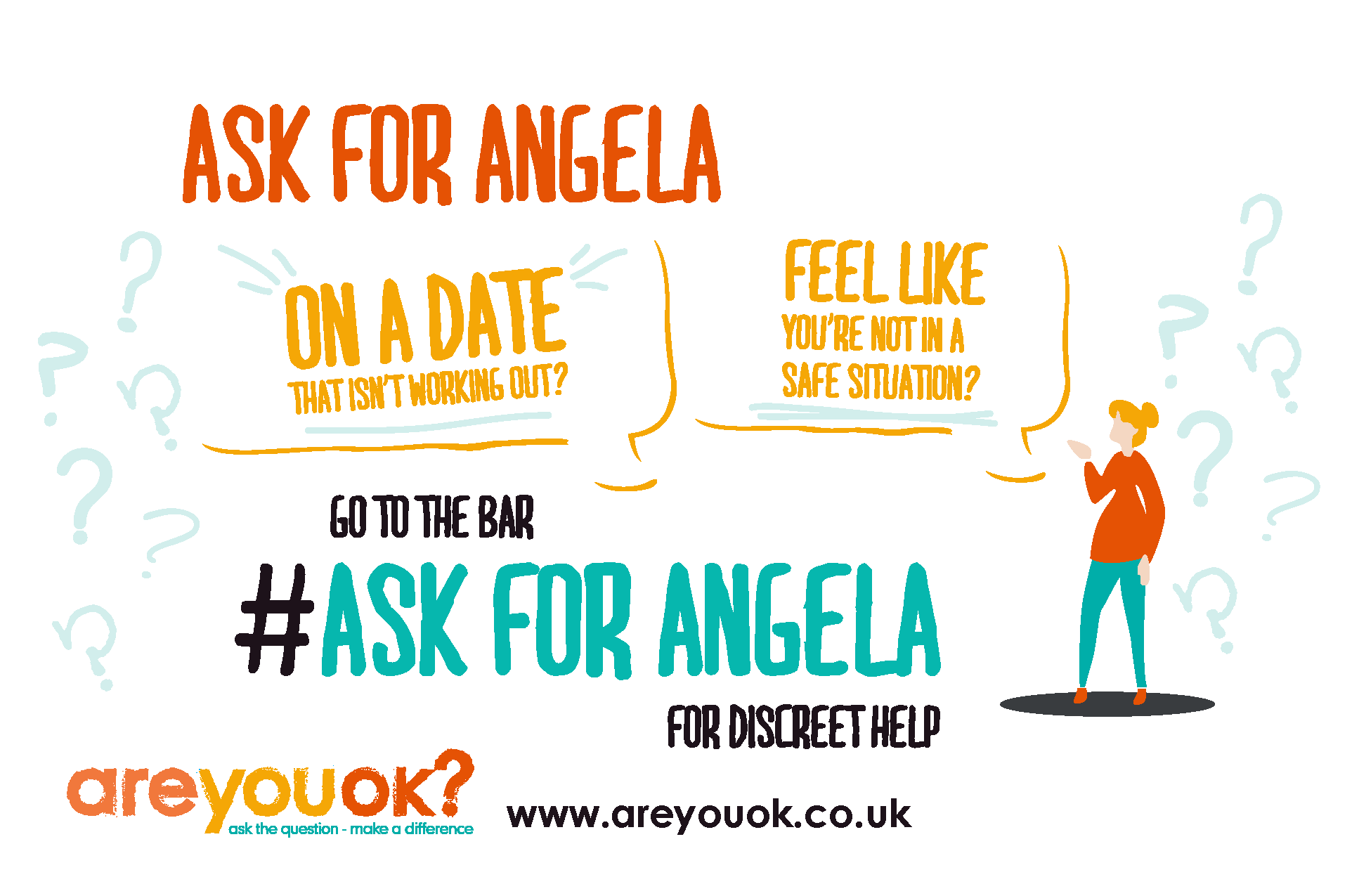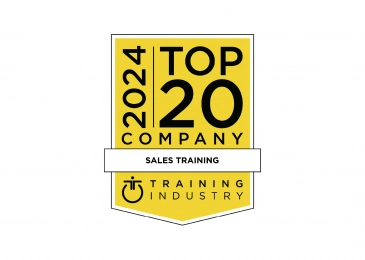If you are worried about friend, colleague, family member or yourself it can be hard to know what to do with regards to abuse. On this page you can find information and advice available, how to spot the signs and what you can do to keep safe. #YouAreNotAlone
Different types of abuse
There are so many different types of abuse and acknowledging that they are abuse is often one of the first stages to getting help:
- Bullying and cyberbullying
- Sexual exploitation
- Domestic abuse
- Emotional abuse & Gaslighting. Gaslighting is a form of psychological abuse where a person or group makes someone question their sanity, perception of reality, or memories.
- Female genital mutilation (FGM) – It’s illegal in the UK and is child abuse. Click here for further details from the NHS website.
- Grooming
- Neglect
- Non-recent abuse
- Online abuse
- Physical abuse
- Racial abuse
- Financial abuse
- Sexual abuse

#Notallmenbutallwomen
Virtually all young women in the UK have been subjected to sexual harassment, according to a survey from UN Women UK, which warns that most women have lost faith that the abuse will be dealt with.
Recognizing abuse
It is not always easy to recognise the signs of abuse. If you alter your behaviour because you are frightened of how your partner, friend, colleague, family member or someone in authority will react you are being abused. The following are just some of the behaviours linked to abuse:
- Excessively jealous and possessive.
- Sudden changes of mood, from extremely nice to aggressive and angry.
- Stopping you from seeing your family and friends; do you feel isolated?
- Constant criticizism and/ or putting you down in public.
- Embarrassing you, often in front of other, so that you are seen in a bad light.
- Playing mind games and making you unsure of your own judgment.
- Controlling your money.
- Telling you what to wear, who to see, where to go, what to think.
- Pressuring you to have sex when you don’t want to.
- Monitoring your movements? Or check up on you via your email, Facebook, Twitter or by looking at your text messages.
- Using anger and intimidation to frighten you and make you comply with their demands.
- Threatening or intimidating behaviour, using violent language or smashing up the furniture.
- Are you blamed for their behaviour e.g. they say you were “asking for it” or deserved the abuse?
Abuse is not discriminatory. It can happen to anyone, regardless of gender, gender identity, age, race or physical size. It affects people of different abilities, and happens across every class background. If you are experiencing abuse or have been subjected to patterns of bullying or controlling behaviours, whether in a domestic, intimate or family relationship, or a workplace situation it’s abuse – and there are organizations that you can talk to and can help.

ASK FOR ANgela
Ask for Angela is the name of a campaign that started in 2016 that is used by bars and other venues to keep people safe from sexual assault by using a codeword to identify when they are in danger or are in an uncomfortable situation. When an establishment uses this program, a person who believes themselves to be in danger can ask for Angela, a fictitious member of the staff. The staff will then help the person get home discreetly and safely by either escorting them to a different room, calling them a taxi and escorting them to it, or by asking the other party member to leave the establishment
People who feel unsafe, vulnerable or threatened can discreetly seek help by approaching venue staff and asking them for ‘Angela’. This code-phrase will indicate to staff that they require help with their situation and a trained member of staff will then look to support and assist them. This might be through reuniting them with a friend, seeing them to a taxi, or by calling venue security and/or the police.
Resources available
You are not alone. If you have concerns, either for yourself or others, please take a look at some of the following organizations:
Refuge
For women and children against domestic violence.
Respect
A men’s advice line, Call 0808 8010327, Email info@mensadviceline.org.uk.
NSPCC
The UK’s leading children’s charity.
GALOP
The National LGBT+ anti violence charity. Galop’s Domestic Abuse Helpline is 0800 999 5428.
Wellbeing and pastoral care
Please reach out to Mercuri, either through your Learning & Development Coach, or directly to the Safeguarding team by email or phone. The wellbeing of our learners is paramount and the safeguarding and wellness pastoral team can offer guidance and support.


